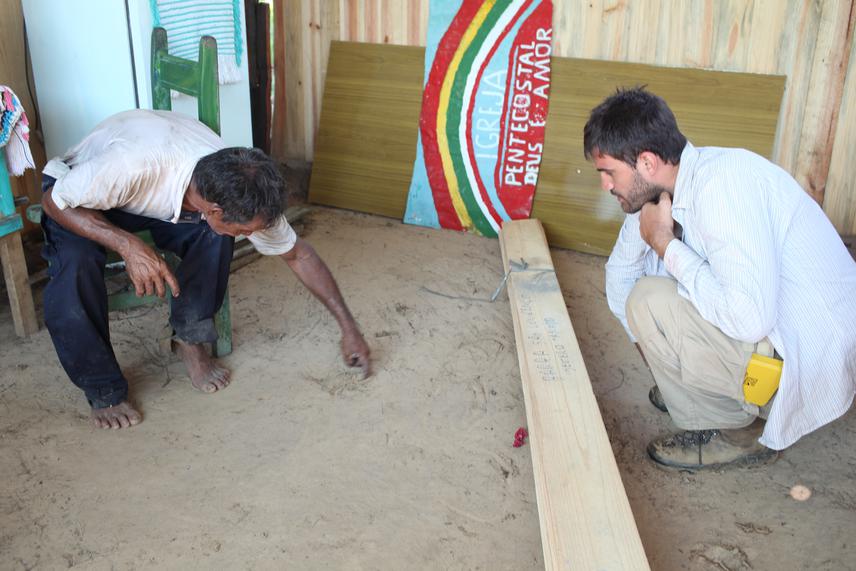Siavash Ghoddousi
This study will be conducted in the Brazilian Pantanal, situated in the central part of South America. It is the world’s largest continental wetland and is considered one of the critical biodiversity hotspots in the world. Despite heavy human impacts such as deforestation, fires, climate change, and cattle ranching, Pantanal is still considered one of the last strongholds for charismatic yet endangered flagship species such as jaguars. Jaguars play an important role in the local economy, bringing 7 million dollars a year by attracting 70.000 tourists from around the world to Pantanal. On the other hand, conflict between jaguars and humans is common. One of the most important economic activities in Pantanal is traditional cattle ranching. At least 80% of the Pantanal plains are grazed by 4 million heads of cattle and surprisingly, 95% of the Pantanal is privately owned, a high percentage for a region known for its biodiversity. Therefore, jaguars must coexist with ranchers on private lands in the Pantanal due to the lack of an extensive network of protected areas, which frequently results in precautionary or retaliatory killings by ranchers due to cattle depredation.

Participatory Mapping with Pantaneiros. © R. Chiaravalloti.
Encontro das Aguas State Park (EASP) and its surroundings are the selected area for this project, located in the southern part of the Transpantaneira road, Mato Grosso, Brazil. The base of our project will be at Porto Jofre, known as the main jaguar tourism hub. A long history of human-nature relationships has evolved in EASP and its surrounding, especially concerning jaguar coexistence with local communities, which will be the subject of my research.
For our project, we will combine interdisciplinary approaches to (a) quantify the impacts of nature-based tourism on human-jaguar conflict and people’s support for conservation; and (b) explore the impacts of socioeconomic shocks (e.g., pandemics, fires) on human-jaguar coexistence in Pantanal. During field data collection, we will use a range of quantitative and qualitative methods such as stakeholder analysis, participatory mapping through indigenous communities’ participation, socio-economic survey, in-depth interviews, and information exchange workshops with local communities and tour operators.
Our research will offer practical solutions for some of the common biodiversity and sustainability challenges, especially in a globally significant and biodiversity-rich area of the world. The acquired information will be made available to other researchers and conservationists as well as the public in several reports and articles.
Header: Human-jaguar conflict in Porto Jofre. © F. Tortato.